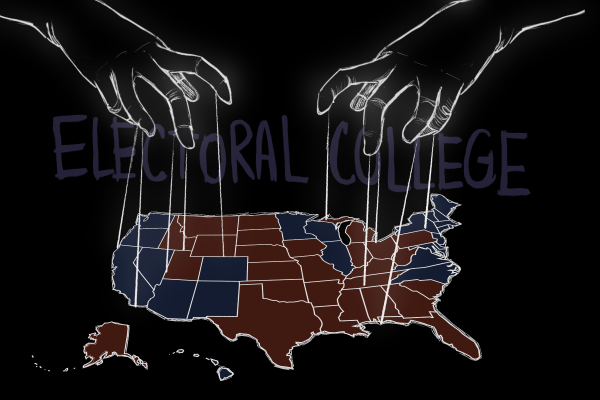Humans Must Find Better Ways to Interact with the Environment
Since mankind’s existence, we humans have utilized the resources of our Earth, biting the hand that feeds us through pollution and manipulating the environment to meet our needs. Lately, Mother Earth has demonstrated the effects of this one-sided relationship, throwing an increasing number of natural disasters at our species and forcing us to adapt. Our interaction with the environment has three components: our manipulation of the environment, our adaption to the environment, and our dependency on the environment. Each of these components must radically change for our species to continue to progress and survive.
Environmentalists scream of our manipulation of the environment, for what I believe to be good reason. The evidence is clear and substantial that our planet is indeed getting warmer, and our dependency on fossil fuels has surely contributed to this. However, I do not plan on writing simply another article on global warming. I am sure that you have been exposed to climate change, but have you heard of some of the more innovative solutions to this worldwide problem?
The 21st century has brought a wave of new energy sources that are much cleaner and more renewable than fossil fuels, starting with our ability to make oil from just about anything! Through a process called thermo-depolymerization, all carbon-based wastes, from turkey guts to corn cobs, have become potential sources of black gold! More important, however, is our shift to cleaner fuel sources, and hydrogen power may be our answer. Already employed in much of California, hydrogen fuel has proven to be an effective fuel source for the cars of the future! Energy is all around us, and our species has been harnessing more and more of our Earth’s seemingly infinite sources of power. Look at solar power, wind energy, or the electricity generated by waves and tides! Everywhere we look, our eyes are met with opportunities to end our dependence on fossil fuels and enter an age of clean energy.
My articles tend to come from a policy-making perspective, and I feel that environmental policy making is undervalued at present. Some of the most important decisions that our nation will face over the next several decades will revolve around responding to a growing number of natural disasters. “The storm of the century” seems to be occurring every few years, with Hurricanes Sandy and Katrina being examples close to home. Even the snowstorms of late have caused massive power outages and have altogether disrupted our nation. Legislation on the subject must be written now when we have the time and resources necessary to prevent such natural disasters from hurting our country so severely.
For example, the Europeans face far fewer power outages than we do in the U.S. because their power lines are underground rather than in the elements. Why should the United States not pursue similar methods? A more sweeping change that I support is the SmartGrid, a technology that President Obama has shown great support for as well. The grid shows great promise – its premise being the concept of an electricity grid merged with the Internet, allowing users to program appliances to consume less energy, sell power generated through solar panels and electric cars, and connect cities to windy and sunny areas where solar panels and wind farms could generate electricity. Although the project would be costly, President Obama had suggested pouring $100 billion into the project, saying, “Let’s just build it!” It is clear that the project would be a huge step forward in today’s world of energy-conservation.
All in all, it is important to note the continuing changes in our interaction with the environment. Every generation leaves behind a legacy for the next to deal with. I urge our generation to leave our successors with the ability to continue prospering on this planet, which absolutely will not happen unless we act fast in our environmental policy making and environmental practices.












